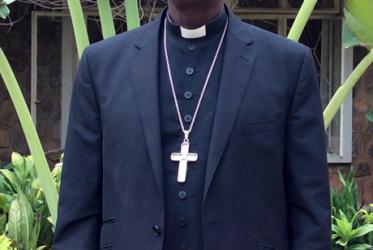Displaying 101 - 120 of 137
20 October 2016
Nigerian Christians and Muslims open historic peace centre
20 August 2016
Religion: Way of war or path to peace?
30 June 2016
New Executive Committee members elected in Trondheim
28 June 2016
In Nigeria, end to stigma begins in the Bible
10 June 2016
Preventing incitement to violence which could lead to atrocity crimes in Africa
09 - 11 May 2016
Addis Ababa, Ethiopia
Person with disability shares reflection on AIDS conference
10 December 2015
Christians and Muslims to work together in Nigeria
29 September 2015








